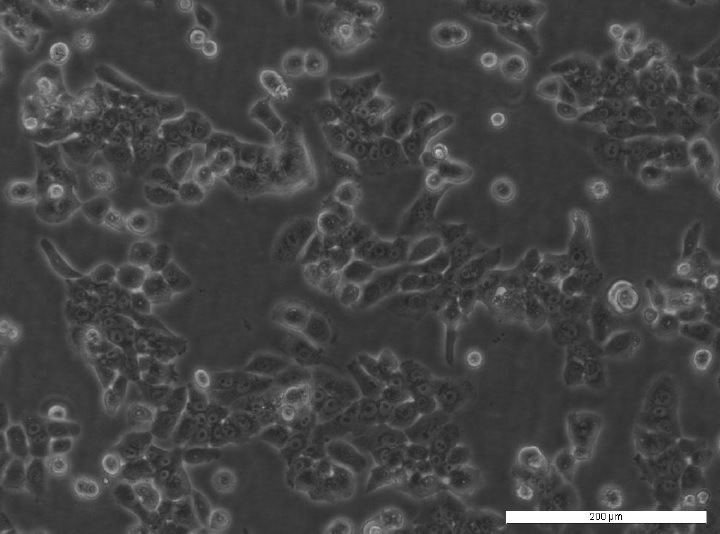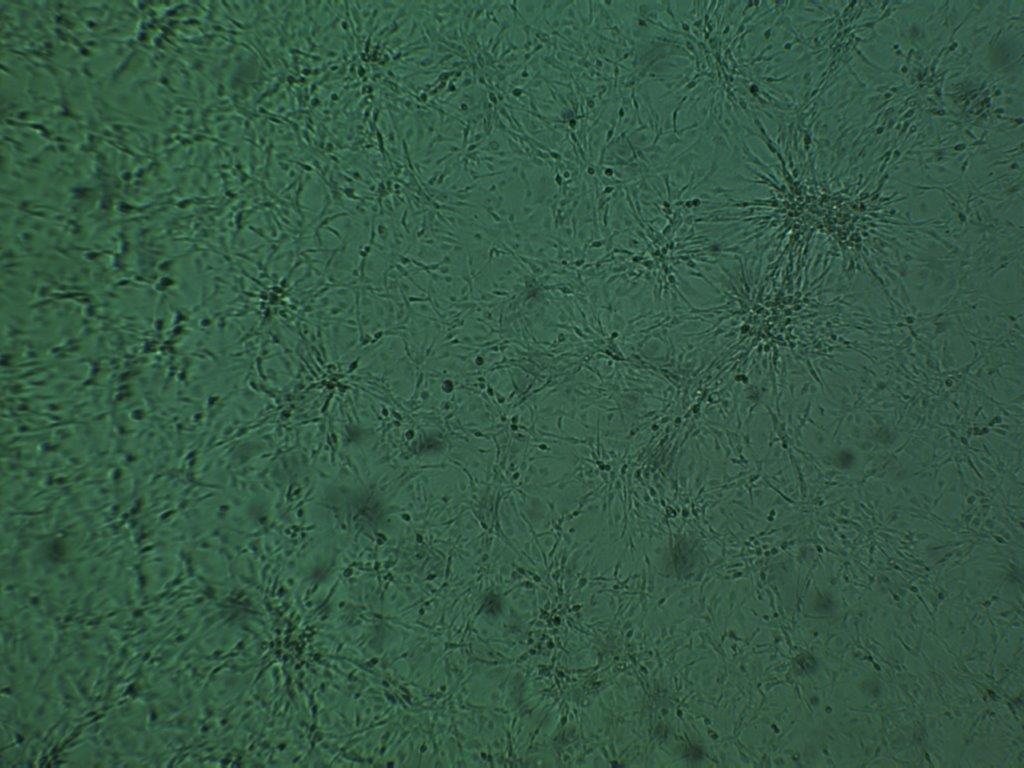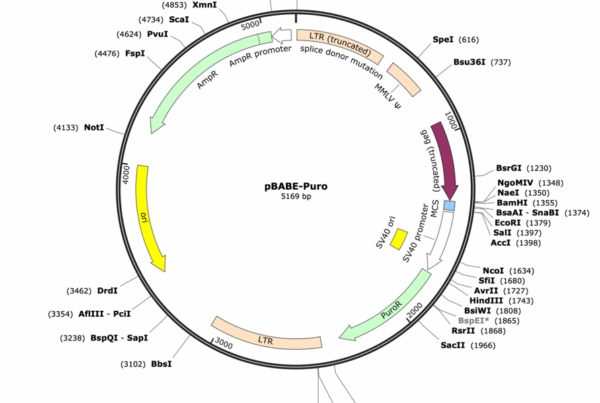Introduction
CancerTools.org is committed to empower cancer researchers and the advancement of novel discoveries in tumour immunology by providing relevant research tools, including antibodies targeting tumour antigens.

Image: Human breast cancer stained with an antibody to Pax-2. Photo credit: Jason Carroll at the CRI.
Tumour antigens are proteins, glycoproteins, glycolipids, or carbohydrates found in tumour cells and recognised by cellular or humoral effectors of the immune system. Tumour antigens are not only useful in identifying cancer cells, they also can be leveraged as targets in cancer therapy. With the ever-increasing potential of tumour antigens in immunotherapy approaches, including cell therapy and cancer vaccines, their discovery and research has become crucial to support successful immunotherapy.
Classification of tumour antigens
Tumour antigens can be classified into tumour-specific antigens and tumour-associated antigens, which in turn can be sub-categorised, based on antigen origin (1,2).
Tumour-specific antigens are restricted to tumours and are not found in healthy cells as they are the result of malignant mutations or the expression of viral elements (1,2). They include:
- >
- Neoantigens, produced as a direct consequence of genetic alteration caused by tumour DNA mutations and are patient-specific (3)
- Oncoviral antigens, derived from tumorigenic transforming viruses (4)
- Endogenous retroviruses (ERVs), fragments of genomic DNA derived from integration of retrotranscribed retroviral RNAs that infected the germ line cells of humans’ ancestors (5)
Tumour-associated antigen have a higher expression level in tumours compared to normal tissue and are shared among several tumours (1,2). They include:
- Antigens derived from genes overexpressed in tumours, which comprise a class of normal self-proteins minimally expressed by healthy tissues but constitutively overexpressed in cancer cells, e.g., EGFR, hTERT, p53, and carbonic anhydrase IX
- Differentiation antigens, which are expressed only at specific phases of differentiation of a cell type in healthy tissues and in a specific type of tumour
- Antigens derived from cancer germline, which are expressed in various tumours but not in normal tissue, except testis and placenta, e.g., cancer testis antigens and oncofoetal antigens
Tumour antigens that are highly expressed by cancer cells and provide information about tumour aggression, metastasis, and treatment responsiveness can also be classified as tumour markers. While tumour markers are not the primary modalities for cancer diagnosis, they can be used as laboratory test to support diagnosis and/or provide information about a specific cancer (6).
Conclusion
Our offering includes antibodies targeting tumour-specific antigens (e.g., oncoviral antigens and neoantigens), tumour-associated antigens (e.g., cancer germline antigens), as well as tumour markers, including those for tumour characterisation and supporting diagnosis.





